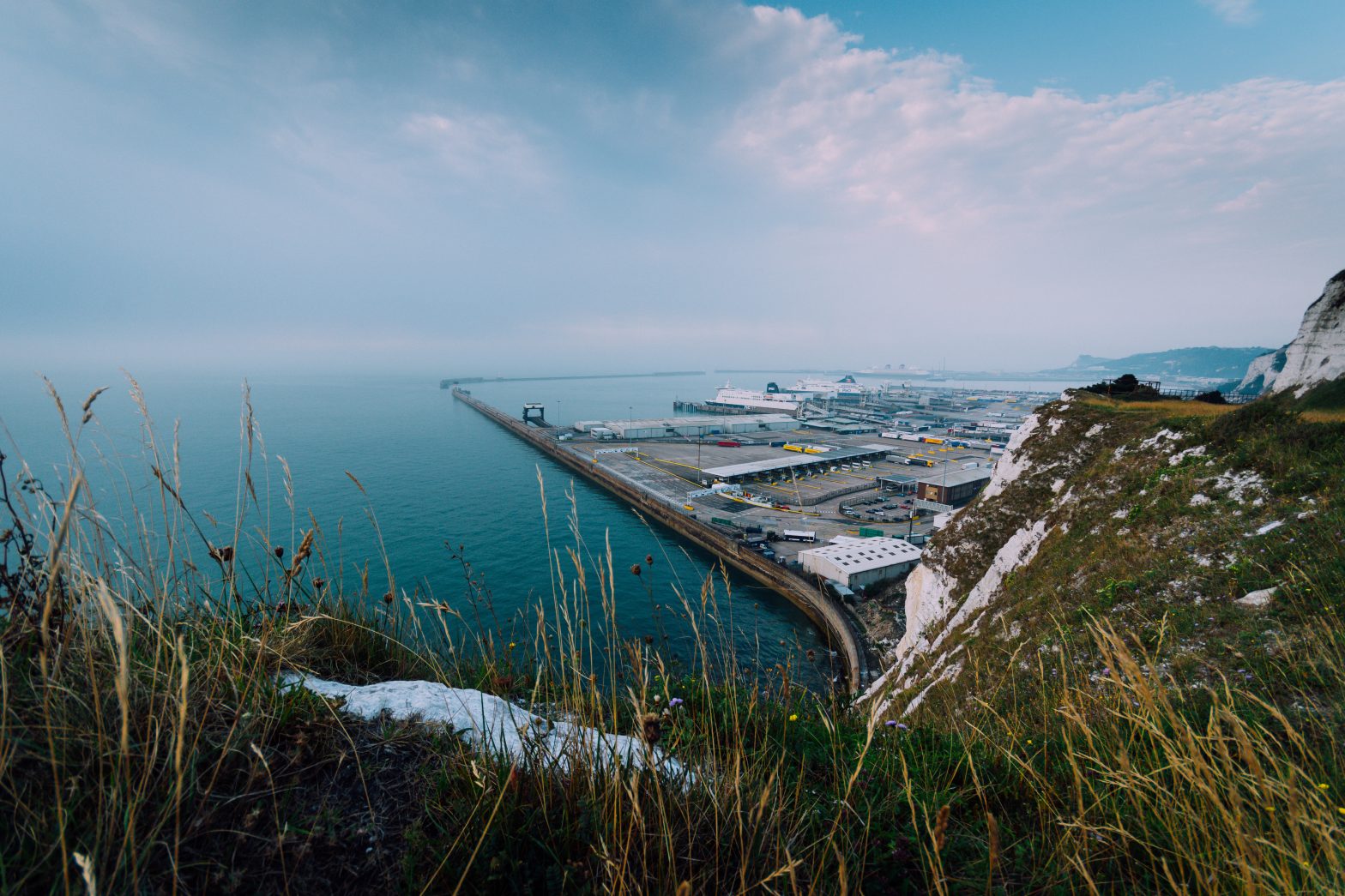Within the immigration rules, part 9 relates to general grounds for refusal. If you are thinking of applying for either leave to remain or entry clearance in the UK, it is important to ensure that you avoid general grounds for refusal by meeting the suitability requirements set out in the UK immigration rules. Failure to do so could be disastrous for your prospects of staying in the UK.
This article will take a look at the suitability requirements set out in the UK immigration rules, looking at how you can meet the requirements and what can be done if you are refused under Part 9 of the immigration rules.
Keep reading to learn more and help you stay informed about reasons why you may be refused permission if you otherwise meet the criteria for a visa.

What types of applications do part 9 general grounds for refusal apply to?
It is worth pointing out that with a few exceptions, part 9 grounds for refusal apply to the vast majority of applications. Part 9 grounds for refusal do not apply to the applications made under the following to various degrees:
- Appendix FM (in part)
- Appendix Private Life (in part)
- Appendix Armed Forces (in part)
- Appendix EU (full)
- Appendix EU (family permit)
- Appendix S2 Healthcare Visitor (full)
- Appendix Service Providers from Switzerland (full)
- Appendix Settlement Protection (full)
- Appendix Electronic Travel Authorisation (full)
- Part 11 – Asylum (in part)
- Appendix Settlement Family Life (in part)
- Appendix Adult Dependent Relative (in part)
Contact us for clarification about when Part 9 grounds for refusal applies to these applications.
Difference between discretionary and mandatory ground for refusal
There is a key difference between discretionary and mandatory grounds for refusal which determine the success of an application. Within the part 9 rules, each ground sets out whether the Home Office must or may refuse or cancel permission.
If they must be refused or cancelled permission, then this is a mandatory general ground for refusal. If they may be refused, this is a discretionary ground for refusal. With the latter, this means that it is up to the Home Office whether permission is refused or cancelled.
What are the general grounds for refusal?
Let’s now take a look at the various grounds for refusal under Section 2 of part 9 of the immigration rules. There are 8 main grounds for refusal which we will be giving a brief overview of today.
Ground 1 – Criminality
As a visa applicant, your permission to enter or stay in the UK must be refused if you have been:
- Convicted of a criminal office, either in the UK or overseas, for which you have received a custodial sentence of 12 months or more
- Are a persistent offender who shows a ‘particular disregard’ for the law
- Or, you have committed a criminal offence (s) which caused serious harm
These three reasons are mandatory grounds for refusal. Despite this, there are also discretionary grounds, meaning that the Home Office official is able to exercise their discretion in accordance with the official Home Office guidance. These are if the visa holder has:
- Been convicted of a criminal offence in the UK or overseas and received a custodial sentence of 12 months or fewer
- Or, if they have been convicted of a criminal offence in the UK or overseas and received either a non-custodial sentence or an out-of-court disposal was recorded on their criminal record
Visitor visa applicants will be refused under this criteria unless more than 12 months have passed since the end of their custodial sentence or their conviction.
Ground 2 – Exclusion from the UK
Simply put, a visa application or entry clearance must be cancelled if a person has been excluded from the UK or a deportation issue has been issued. There is no discretion for this ground and refusal is mandatory. No application to the UK needs to have been made for a person to be added to this list.
Ground 3 – Not conducive to the public good
There is no discretion for this ground of refusal. This ground comes under the powers of the Home Secretary. A recent example is the rapper, Tyler, the Creator, while Theresa May was the Home Secretary over song lyrics in one of his albums. He was given no advanced warning and was detained, refused entry and removed from the UK.
Ground 4 – Exclusion from asylum or humanitarian protection grounds
Fourthly, an application to enter or stay in the UK may be refused where the person is deemed to be either someone who:
- Is a danger to the UK
- Should be excluded from the Refugee Convention
- Should be excluded from a grant or humanitarian protection, or, should have their humanitarian protection revoked on the grounds of exclusion
Ground 5 – Involved in a sham marriage or civil partnership
If someone has been involved in a sham marriage or civil partnership, the Home Office may decide to refuse a visa or cancel permission.
Ground 6 – False representations
In this case, if the Home Office believe that false representations have been made, or false information and documents have been supplied then they can decide to refuse a visa or cancel permission. This is a discretionary refusal and applies whether or not the applicant knows that they provided a false document.
Ground 7 – Failure to provide the requirement information
When an applicant or visa holder doesn’t comply with the steps or provide information requested by the Home Office, they may have their permission refused or cancelled. This can include attending an interview, providing biometrics, undergoing a medical examination or providing a medical report.
Ground 8 – Previous breach of immigration laws
If an applicant or visa holder has previously breached UK immigration laws then they must be refused or cancelled permission. The minimum ban for ren-entry is 12 months for applicants who left the UK voluntarily and at their own expense. For those who have used deception, the maximum is 10 years.
What should you do if your application if refused due to the general grounds for refusal?
If your application is refused, or your permission to be in the UK is cancelled by the Home Office, then you will received a letter explaining your right to appeal. Most commonly, there is no right of appeal. Right of appeal is typically only eligible for those who have been involved in human rights law and humanitarian protects cases.
However, you can often submit a new application. Other options also include requesting an administrative review if you believe that an error was made by the Home Office, or requesting a judicial review if a decision is deemed to be unlawful. We will be able to advise you if we believe such appeals are likely to succeed.
It should be pointed out, however, that if you have been found to have used deception in an application for entry clearance, then this will be refused for a period of ten years as mentioned previously.
Our thoughts
It is important to be aware of these grounds for refusal when seeking to apply for entry or permission to stay in the UK. In addition to meeting the positive eligibility criteria for a visa, you must also not meet the general grounds of refusal for a UK visa application. To avoid any innocent mistakes preventing you from being able to enter the UK, it is vital to ensure that you carefully read questions and double check application forms before submitting them.
Nevertheless, there are some exceptions to these rules such as when it comes to family-based applications. At Lisa’s Law, our expert immigration team are highly knowledgeable about the criteria for general grounds of refusal and will be able to advise you on whether your application is exempt, as well as help you to challenge your refusal if we believe it is likely to succeed.
For any further questions, please contact us today.
Have questions? Get in touch today!
Call us on 020 7928 0276, phone calls are operating as usual and we will be taking calls from 9:30am to 6:00pm.
Email us on info@lisaslaw.co.uk.
Use the Ask Lisa function on our website. Simply enter your details and leave a message, we will get right back to you: https://lisaslaw.co.uk/ask-question/
For more updates, follow us on our social media platforms! You can find them all on our Linktree right here.







Thanks I have recently been looking for info about this subject for a while and yours is the greatest I have discovered so far However what in regards to the bottom line Are you certain in regards to the supply
For Everyone
I was recommended this website by my cousin I am not sure whether this post is written by him as nobody else know such detailed about my difficulty You are wonderful Thanks
Introducing PromptScroll – Your Gateway to Advanced AI for Just $9 a Month!
Hello my loved one I want to say that this post is amazing great written and include almost all significant infos I would like to look extra posts like this
Wanna shrink your URLs? Swing by my site at v.af! Make your links easy-peasy. Drop by now, and see how simple it can be!
Eine Haarbürst bzw. Entwirrbürste mit flexiblen Borsten erleichtert das sanfte Entwirren, ohne die Locken zu beschädigen.
✨ Affordable. Accessible. Advanced.
Dive into the intricate dance of existence, where every moment is a note in the grand composition of life. At 2 Love Tale, we embrace the whimsy of everyday with open hearts and curious minds. Our tales are spun with threads of universal truths and personal discoveries, all set to the rhythm of life’s ceaseless melody.
I don’t think the title of your article matches the content lol. Just kidding, mainly because I had some doubts after reading the article.
mexico drug stores pharmacies
https://cmqpharma.online/# п»їbest mexican online pharmacies
medicine in mexico pharmacies
http://indiapharmast.com/# indian pharmacy online
Online medicine order [url=http://indiapharmast.com/#]indian pharmacy online[/url] india pharmacy
https://canadapharmast.online/# legitimate canadian pharmacy
india pharmacy mail order [url=http://indiapharmast.com/#]buy medicines online in india[/url] buy prescription drugs from india
https://indiapharmast.com/# п»їlegitimate online pharmacies india
how to buy cheap clomid online: cheap clomid pills – can i order clomid
Paxlovid over the counter: paxlovid for sale – paxlovid pharmacy
buy doxycycline for dogs: doxycycline gel – doxycycline pharmacy singapore
how to get generic clomid tablets: where to buy generic clomid without rx – buy clomid without rx
paxlovid generic: paxlovid price – paxlovid pharmacy
amoxicillin discount coupon: amoxicillin 875 125 mg tab – amoxicillin 500 mg online
cost clomid no prescription: cost of generic clomid pills – how to get generic clomid tablets